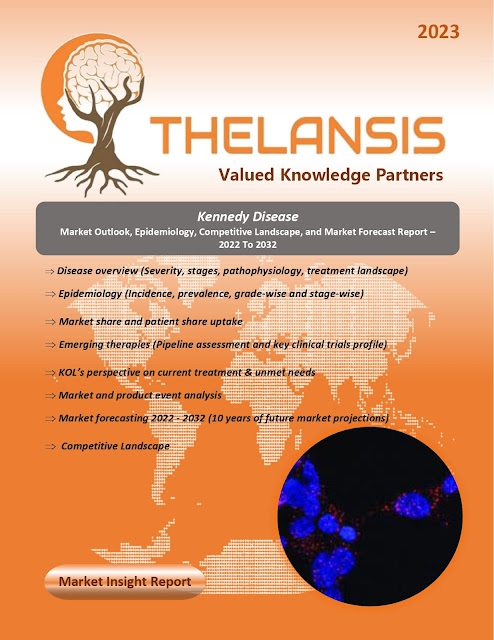EMA Grants Orphan Drug Designation to NIDO-361 for Kennedy's Disease

Nido Biosciences, a biopharmaceutical company developing medicines to treat debilitating neurological diseases with precision, today announced that the European Medicines Agency has granted an Orphan Drug Designation for its lead clinical candidate, NIDO-361. This novel small molecule is designed to treat the spinal and bulbar muscular atrophy, also known as Kennedy’s disease; the designation has been made after the company reported full enrollment of the Phase 2 study for the medicine. Publish Date: 22-10-2024 Source: Nido Biosciences Kennedy’s disease, called bulbospinal muscular atrophy (BSMA), is a rare genetic disorder following an X-linked recessive inheritance pattern characterized by the degeneration of motor neurons leading to muscle wasting in the proximal and bulbar regions. BSMA is caused by an unstable expansion of a CAG triplet repeat (40-62 repeats) in exon 1 of the androgen receptor (AR) gene located on chromosome Xq11-12. The onset of symptoms typically oc

